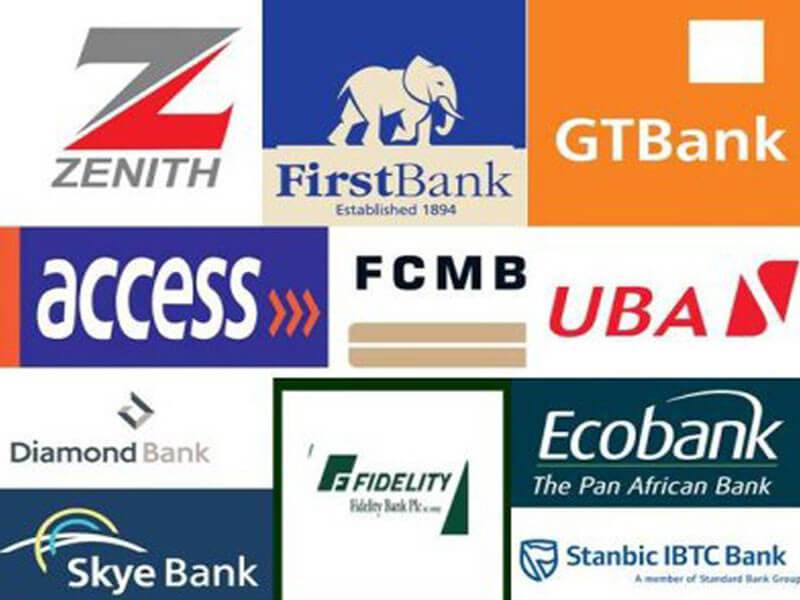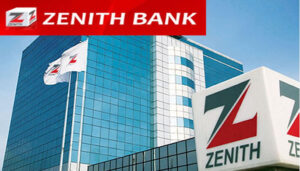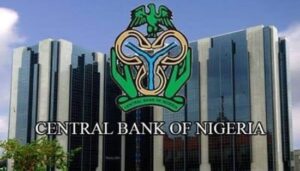
The earnings and profitability of Nigerian banks, a major source of interest for shareholders and investors are going to be affected by the COVID-19 pandemic, a report by Augusto & Co has revealed.
With the lockdown resulting in skeletal operations, banks have leveraged their electronic banking platforms to boost income, as more banking transactions were consummated through digital channels during the lockdown period.
However, minimal trade activities will moderate credit related fees, as it is expected that some correspondent banks will pull back on their lines of credit. These correspondent banks are expected to reprice their rates to reflect the elevated credit risks emanating from lower liquidity in the foreign exchange market.
According to the report, earnings from the core business of the industry will decline in the short term on account of an expected rise in impairment charges, lower yields on the loan book and a contractionary monetary policy stance, exacerbated by discretionary cash reserve requirement (CRR) debits by the Central Bank of Nigeria (CBN).
The interest rate on Federal Government’s intervention funds, granted through CBN and Bank of Industry, to targeted sectors, which account for about 10% of the loan portfolio, has reduced by 400 basis points to 5% in March 2020, as part of the palliatives to support businesses. This translates to a 300 basis points decline in yields on such loans to banks.
Officially, the CRR for banks is 27.5%, but the effective CRR for some banks are as high as 50% due to the CBN’s non-refund policy and discretionary excess debits seen in the last few months. The penalties for breaching the minimum loans to deposit ratio (LDR), implemented as additional CRR debits, also contributed to the spike. Thus, restricted funds with the CBN account for as high as 15% of total assets and are non-earning. The CBN also raised the CRR for merchant banks from 2% to 27.5% in February 2020.
Based on the expectations that the industry’s interest, the report stated that income will moderate and funding costs will remain elevated owing to the high effective CRR and a possible increase in the prevailing interest rates. It foresees a decline in the industry’s net interest spread by up to 500 basis points in 2020.
The non-interest income accounts for approximately 42% of the industry’s net earnings and is largely driven by electronic banking activities, account maintenance fees, credit related fees and securities trading income.
Augusto & Co expects the industry’s pre-tax return on average equity to moderate to between 12% and 14% in 2020, unless regulatory support is granted in some areas such as reduction in CRR.
They stated that cost containment will be top priority for the banks in 2020, as there will be a lot of pressure on revenue generation. While the industry’s operating costs are expected to increase on account of a rise in inflation and a growth in foreign currency denominated costs, the report suggests that the cost management strategies will be paramount to sustain profitability.
You may be interested

Milan Coach Fonseca Faces Sack After Draw Vs Roma
Webby - December 29, 2024Paulo Fonseca seems to have reached an end in his short-lived tenure as Milan’s head coach as he faces sack…
Arsenal To Offer Kiwior In Swap Deal For Super Eagles Star
Webby - December 28, 2024Arsenal are reportedly considering a January move for AC Milan Nigerian international Samuel Chukwueze as Mikel Arteta eyes cover for…

No Club Is Superior To Us –Inter Milan Striker, Thuram
Webby - December 28, 2024Marcus Thuram has said there’s no team superior to Inter Milan as the Serie A giants strike fear into oppositions.The…



















![American Pastor, David Wilson Seen Eating The Box Of Woman Who Isn’t His Wife [Video]](https://onlinenigeria.com/wp-content/uploads/2019/10/american-pastor-david-wilson-seen-eating-the-box-of-woman-who-isnt-his-wife-video-150x150.jpg)









